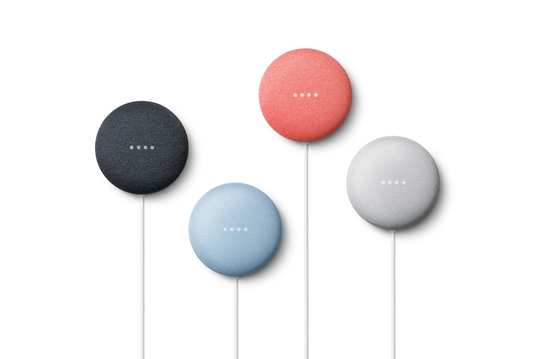As we were talking about disruptive innovation in class today, I found a very interesting article about how Netflix successfully disrupted the DVD rental business and changed the way we watch television and movies. It’s really interesting to me because I never even thought that Netflix could be part of the reason that the beloved movie rental store, Blockbuster, was put out of business. Similar to what we learned in class about music streaming services like Spotify overtaking the music buying industry, Netflix and other services did the same thing to Blockbuster, which changed the TV and movie business as we know it.
Like the music streaming industry, the movie and video industry evolved from paying each time you rent a video to now paying a subscription to watch as many movies and TV shows as you want. Netflix disrupted Blockbuster’s business by making their services more innovated and modernized, more accessible from anywhere, and gave personalized options to users that Blockbuster was never able to match. As talked about in the article I found, some of the keys that drove Netflix’s growth include technology, comfort, on-demand content, subscription and data driven content to fit personal preferences.
When I was taking my weekly trip to Blockbuster as a kid, I could have never predicted how much change there would be within this industry, and that Blockbuster would be completely gone in a few years. That makes me wonder about today’s streaming services, and the future of the industry. What’s the next disruptive innovation that is going to take over the already advanced services that we use every day? How long until there is a new disruptive innovation in the streaming industry?
source: https://www.businessmodelsinc.com/exponential-business-model/netflix/

